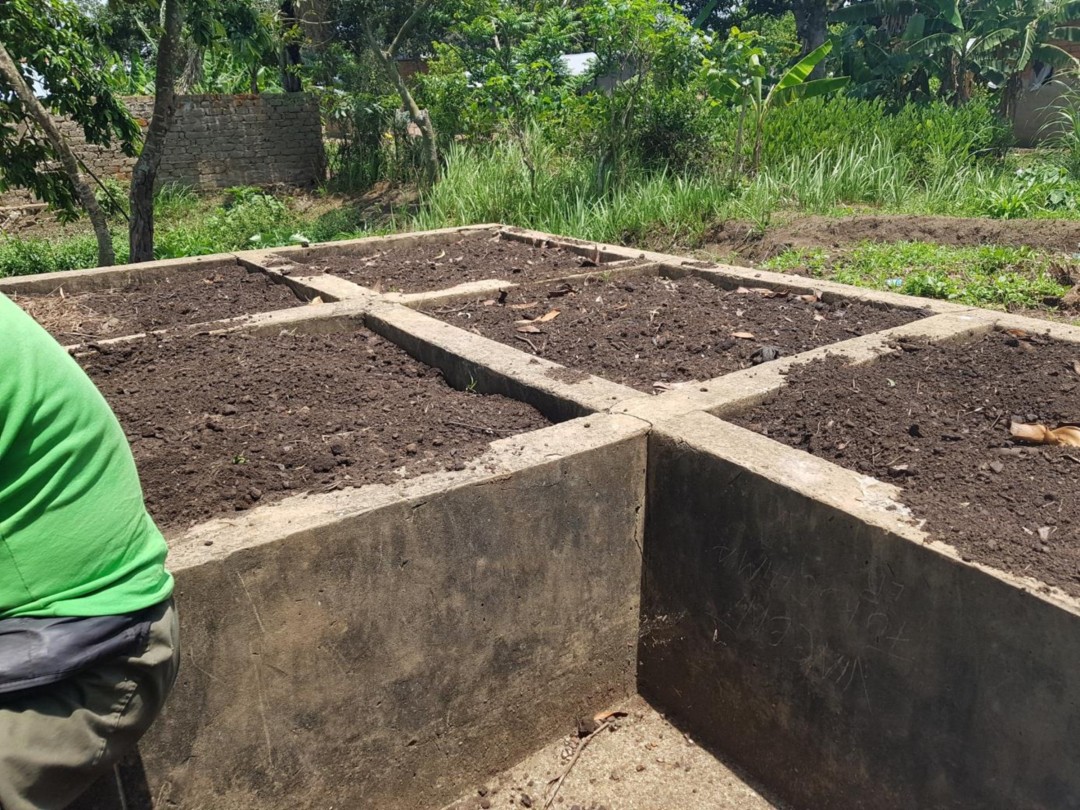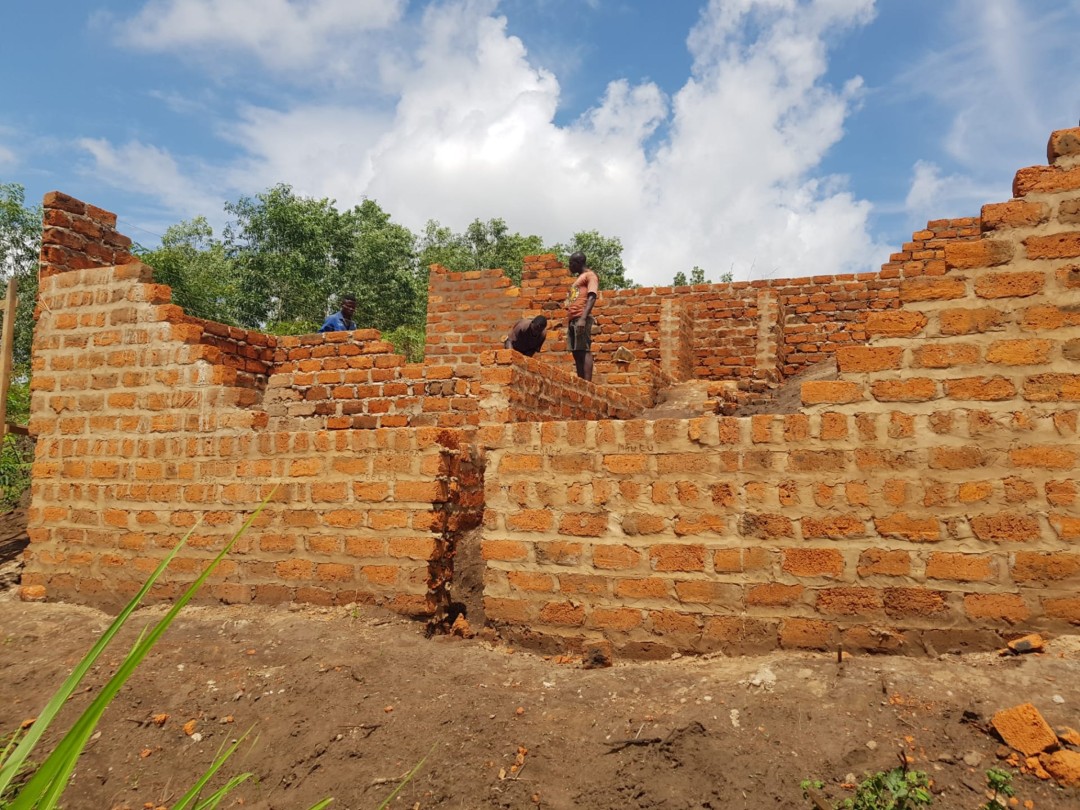An organic school farm
The project aimed to provide the Amida School with an organic school farm and gardens to grow medicinal plants to improve student nutrition, attendance and academic performance, as well as to fight malaria. The farm now contributes to the financial security of the school while strengthening and diversifying the sources of income. Agricultural productivity for the school garden has increased by 17%. This vegetable and fruit production allows the school canteen to distribute 496 free meals to students each week. Student absenteeism has decreased by 73% and the working climate of teachers has improved as a result of the above-mentioned measures, which has improved academic performance by 28%. Thanks to the savings made on health care costs (effects of the reduction of diseases such as malaria, intestinal infections, etc.) and the sale of surplus agricultural production, there is a 17% increase in the school's revenue. The awareness and training activities and the strengthening of the youth clubs as well as the effects produced by the consumption of Artemisia annua have led other schools in the region to initiate similar projects. The Amida School has been chosen as a center for the organization of national primary school graduation exams, which gives it a national reputation.
Founded in 1998 MAPROFAM is a registered charity in the DRC. It is aims to support and provide assistance to farmers' organisations and families in the fields of education, agriculture, health, community development, energy and the environment.
News
Type
Education / Health / Environment / Community DevelopmentDuration
May 2020 - April 2022Location
Mbanza-Ngungu / Democratic Republic of CongoWith whom
MAPROFAM
Website













Warning: Undefined array key 1 in /home/clients/6976e6f747236fd53b0ac05fb967ea6b/aoweb/layout/front_functions.php on line 387
Democratic Republic of Congo
Population
84 million (2018)
Per Capita Income
USD 490/year (2017)
Poverty rate *
64% (2011)
Literacy rate
85% (2016)
Human Development Index
176th out of 189 countries (2018)
The Democratic Republic of Congo (DRC) is the largest Francophone country in Africa and endowed with vast natural resources. It has over 80 million inhabitants, fewer than 40% of whom live in urban areas. The country is still recovering from a series of conflicts that broke out in the 1990s, creating a prolonged economic and social collapse. DRC is now the second largest hunger crisis in the world after Yemen. Since 2016, the long-running crisis in the east has forced some 4.8 million internally displaced persons to flee from their villages and lose their agricultural livelihoods and jobs. The number of food-insecure people almost doubled from 7.7 million in 2017 to 13.1 million in 2018. Access to food is a daily struggle for a significant part of the population, and an estimated 5 million children are acutely malnourished. Nevertheless, subsistence farming is prevalent in DRC, with families producing 42% of the food they consume.
Sources: World Food Program, UNICEF, World Bank, 2016 Human Development Report, Human Development Indices and Indicators (2018 Statistical Update)
*The percentage of the population living below the national poverty line.